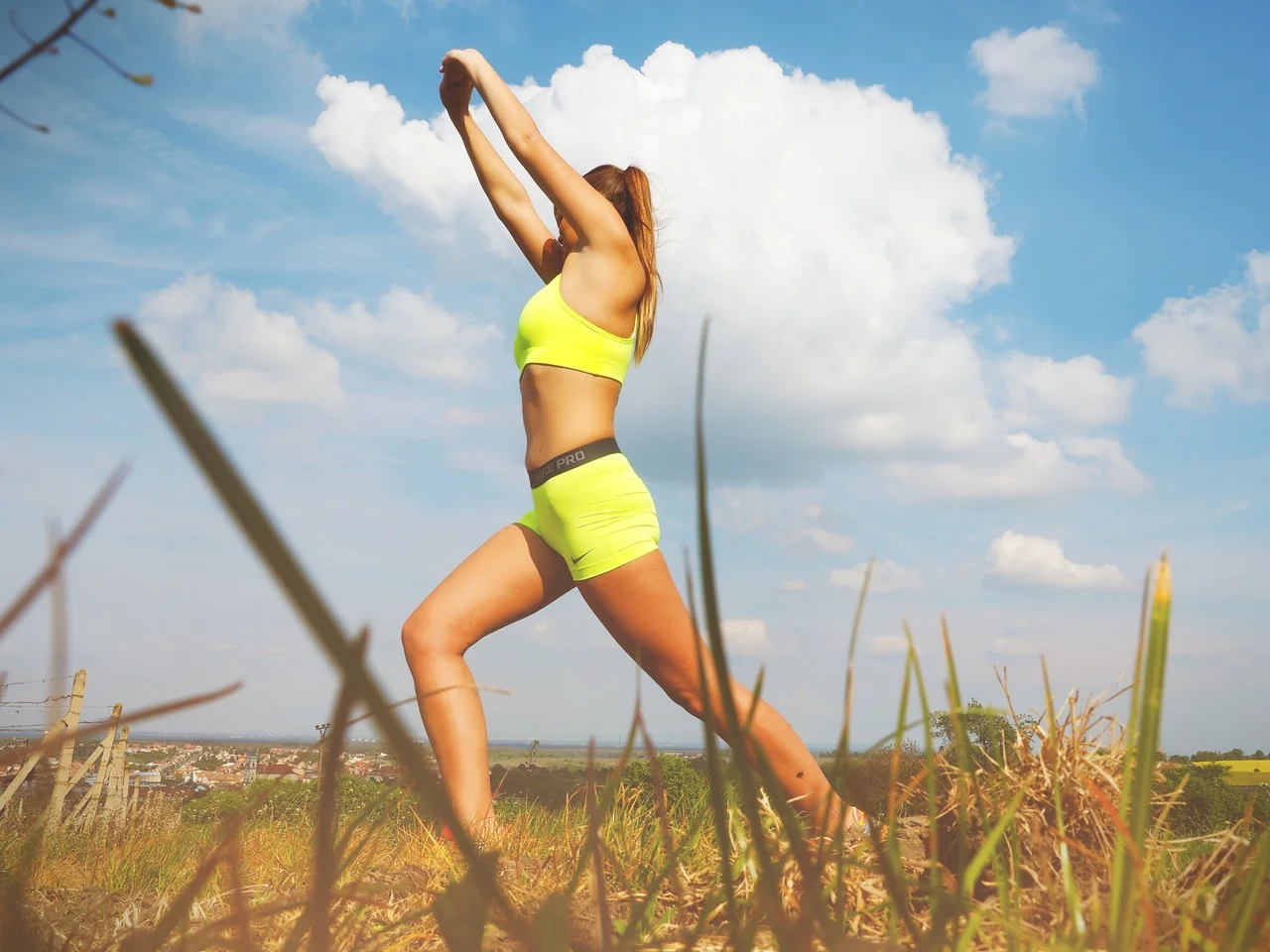Health Check: is there an optimal time of day to work out?
/"To understand why the timing of exercise might be important, we first need to understand how our bodies function over a 24-hour day. Our biological clock helps to regulate sleep patterns, when we eat, blood pressure and body temperature. These “circadian rhythms” have been associated with many aspects of physical performance, health and well-being."
Read More






